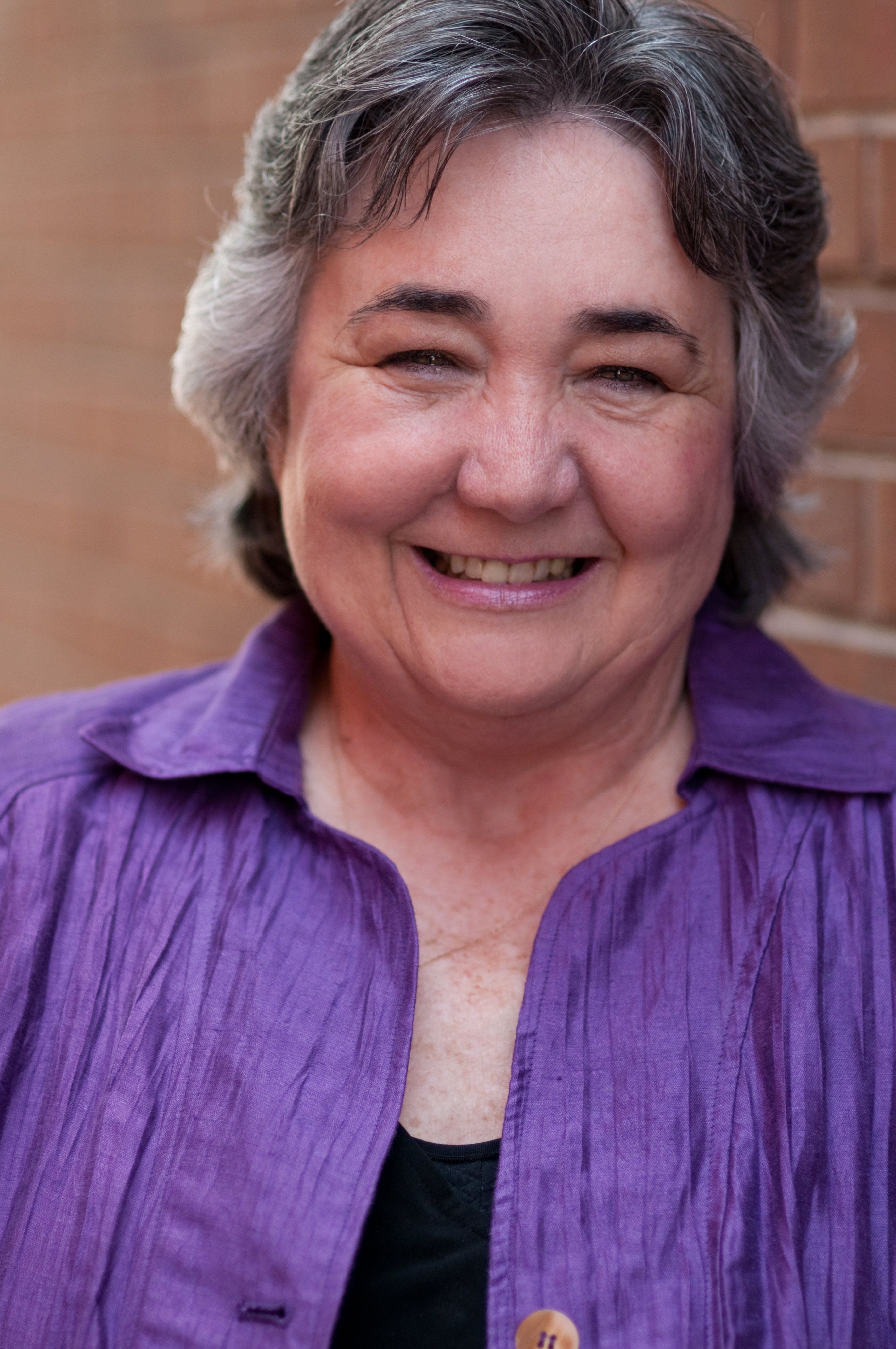In Part 2 of this series, I talked about three kinds of loneliness. For a bit of discussion on the first two, Simple Disconnection and Absolute Loneliness, click here.
Existential Loneliness
The third kind is Existential Loneliness, defined as the “unexplainable loneliness that sometimes catches up to us in the most surprising places, even in the midst of a gathering of our closest friends. It is the emptiness we feel when we are most aware that no one can really understand us completely. They can’t ultimately help us face the conflicts/problems/grief that are most uniquely ours.”
This is the kind of loneliness that C.S. Lewis alludes to when he writes:
“If we find ourselves with a desire that nothing in this world can satisfy, the most probable explanation is that we were made for another world.”
It is when we are acutely aware that we are “aliens in a strange land,” when we realize that we are not really home, but on our journey home and still a long way off.
It is in this place that we have our greatest opportunity for intimacy with God. In fact, I believe this is the reason that He allows us to feel this deepest of longings and yearnings. He has a purpose in it, or at least it seems to me that God doesn’t waste the experience.
So what is our part to do?
I believe the only choices we have are to feel now—or to feel much worse much later—in the moment, we choose either:
- to feel what we feel when we feel it, or
- to turn away, try to ignore it, medicate it with our favorite “drug of choice”.
Too often we refuse to feel what we feel; we turn toward escapes like drugs, alcohol, so much so that we can become addicted to anything that will help us avoid the pain of our lives. Tennessee Williams once said something like, “Sometimes we kill our hearts in order not to feel.”
If we decide not to feel, it is a choice to turn the feelings against ourselves. We shut down. And when we do our emotions will become toxic to us. All those years I grooved to Simon and Garfunkel’s music, and decided that in fact, “I am a rock; I am an island.”
I actually was deadening myself from the inside out. I still do it sometimes in some situations even knowing that when I lock down those emotions, they will find their way into behaviors that bring on other problems.
The antidote
So, then, emotional presence is the antidote for all kinds of loneliness, but it looks different when the loneliness is of the Existential kind. All remedies for loneliness involve reaching out to God and others, or God and others reaching out to us, but it is when the longing is for something that can’t be found in this world, that we can, if we choose, become emotionally present to God – to pour out our hearts to Him, to draw close to Him and we find He draws close to us.
I find I am the most disconnected from God when I am not telling Him how I feel. I might be praying for missionaries, or for His provision for the ministry, or intercession on behalf of all the prayer requests that come my way. But with all that praying, it is quite possible that I have not even shared with God how discouraged or disappointed I am with life and ministry some times.
The Psalmist is so often exactly on target with this:
David turned to God:
Psalms 25:16 Turn to me and be gracious to me, for I am lonely and afflicted.
David stated his convictions (promise and warning from the Psalms):
Psalms 68:6 God sets the lonely in families, he leads forth the prisoners with singing; but the rebellious live in a sun-scorched land.
So, what are the antidotes for loneliness?
- Connect with others when the loneliness is Simple Disconnection.
- Seek out and communicate deeply with specific people whose values are close to your own when the loneliness is Absolute Loneliness.
- And when we find ourselves facing Existential Loneliness, where this world and the people in it just do not have what we need, then turn to the Lord and pour that all out to Him.
In fact, how about we assume that He has the answer to all the questions we have about any kind of loneliness and go to Him first? Yep, that’s it. His “grace is sufficient” for all my needs, including the loneliness that sometimes threatens to engulf me.
So let’s just change up the order of those remedies:
- When we find ourselves feeling lonely and at the place where this world and the people in it just may not have what we need, let’s turn to the Lord right then and pour it all out to Him.
- And then we can seek out and communicate deeply with specific people whose values are close to our own when the loneliness is Absolute Loneliness.
- And always assume that the reason we exist is to be also in fellowship with one another, and connect with others when the loneliness is Simple Disconnection.
Yes, let’s do that!

Mary Heathman
Founding Director
Mary is one of the founders of Where Grace Abounds and served as Executive Director from its inception on July, 1986 through March 31st, 2007. She speaks and teaches at churches and conferences across the country. She has also served on several boards of non-profit organizations, is a conference speaker on a variety of topics that include: Intimacy with God, Healthy Sexuality, and leadership development. She currently serves in leadership in her denomination. Mary’s favorite ministry roles are discipleship counseling, group facilitation, and leadership development.
Mary often characterizes herself as “a seeker of Truth” and has a long-standing fascination with human behavior and motiviation. Her education consists of lay and discipleship counseling, indepentent study about the integration of psychology and theology, counseling and human sexuality. She also holds a BS in Human Services and an MA in Psychology from Regis University.
Mary attends a Friends (Quaker) Church.
Make a Difference in Someone's Life
If you enjoy reading WGA’s blogs and would like to show your support, please consider making a donation. Where Grace Abounds is a 501(c)3 non-profit organization. The majority of services, including support groups and discipleship counseling, are provided free of charge. Your financial gifts help to cover the costs associated with offering a free program to those who seek WGA’s services.

